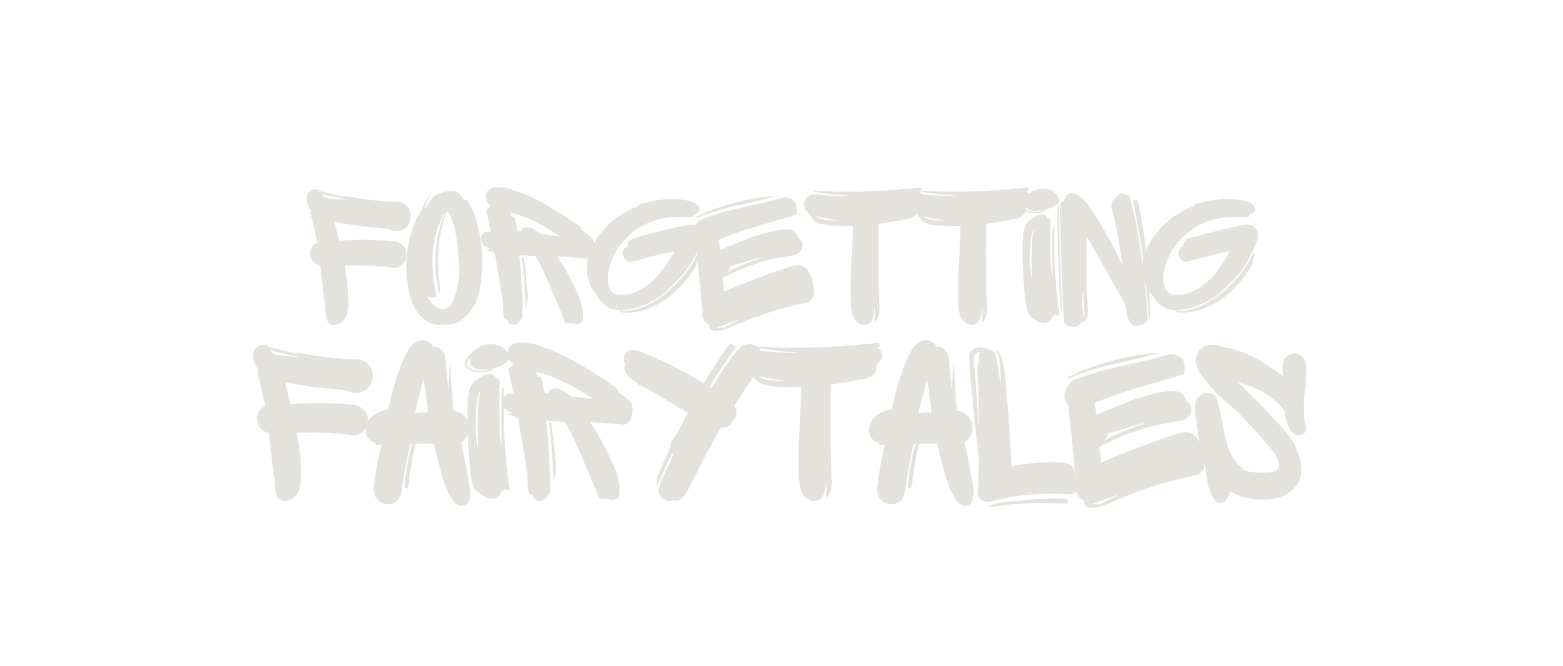Are you in denial after a breakup? Stuck in denial in a relationship? Want to know how to let go of denial? Then you’ve come to the right place. We’re going to get clear on what exactly it is, why we get into it, how to spot the signs and how to destroy it… to free yourself from painful situations and enable you to truly move forward.
So What Is Denial?
What is denial? It sounds silly perhaps, right? We know that denial is the act of denying something.
By definition this comes down to: “the state that one refuses to admit the truth or existence of” or “the refuse to give (something requested or desired) to (someone).” But denial goes further than just a simple definition.
See, fundamentally, denial is a coping mechanism. You’re trying to protect yourself from the things that threaten you or make you feel out of control, by refusing to accept the truth about what’s happening in your life.
You’re afraid of what it will mean to face it, and are trying to either give yourself some time to adjust to a distressing situation, or – worse still – trying to avoid it completely.
The thing is, it’s kind of like burying your head in the sand. You may feel protected in the moment, safe, familiar. But it’s only a false, temporary sense of security, because ultimately, you’re just hiding from the truth.
It won’t make the problem change or go away. In fact, the only chance you have of the situation changing is to take control of it. When you live in denial, often it only makes the situation worse – especially over a prolonged period of time.
We see this so often in toxic relationships or after difficult breakups. That’s why you have to be brave. To face the things you don’t want to. Otherwise denial becomes the refusal to give YOURSELF true freedom.
Signs You’re In Denial
You can be in denial about things that are happening (or have happened) to you, to things that are happening (or have happened) to someone else, and that branches into general situations.
So for example, like we said above, a relationship that has gone bad – that’s a situation that affects both you and another person.
You’re most commonly in denial when you won’t acknowlege a difficult situation. You know deep down it shouldn’t be the way it is, but you make allowances, excuses, try to justify it or brush over it.
You may also try to not face the facts of the problem – telling yourself it’s not true. And / or, you may be downplaying possible consequences of the issue.
Other signs of denial might include:
- Avoiding talking about the issues.
- Making promises you know you can’t keep, or ‘believing’ promises you know won’t happen.
- Trying to rationalise yours (or another person’s) behaviour.
- Shifting blame onto others for a problem of your own.
- Ignoring the advice and concerns of loved ones.
- Getting defensive or completely closing yourself off from other people.
- Putting TOO MUCH into fixing something to avoid facing up to how bad things are.
- Tolerating, allowing and forgiving far more than you should.
- Feeling angry, stressed, frustrated, disconnected or just plain miserable. Living in a state of denial certainly affects your day to day emotional state.
How To Let Go Of Denial
So what do you do? How do you let go of denial? Well, the first step is recognising you’re in denial – and that can actually be the hardest part. Not just recognising but acknowledging it.
1) Recognise You’re In Denial
So the good news is, the chances are if you’re reading this article and you’ve got this far, there’s a part of you that recognises you’re in denial about something.
Hopefully the signs that we ran through above have highlighted this further for you, and this article as a whole has further highlighted it – brought it to the surface, to your attention.
Maybe it doesn’t come as a complete surprise either. Maybe deep down you know you’ve been in denial – you’ve just never put that label on it as such, or allowed yourself to build on it any further.
Now you have, acknowledge it. Get clear on what exactly the issue is here. Get to the truth. Be honest with yourself.
2) Verbalise It To Make It Real
The next thing you need to do, once you’ve fully processed it in your mind – is verbalise it. Talk to someone about it. Get it off your chest, out of your head. Someone is able to hold you “accountable” in a way then.
This part is very important. When you verbalise it, you share it with someone else, you make it real. You’re no longer hiding away. You have to recognise it, acknowledge it and act on it.
Otherwise it’s too easy to go back into your head and push it away… which is exactly what denial wants us to do, and drives us to do. So don’t let it. SEIZE the moment. SEIZE this power now, by taking back the power.
If you’re in denial about a breakup, talk to a friend. Say, “You know what, in hindsight, when I’m thinking back honestly and clearly – I wasn’t fully happy. I just convinced myself I was…”
Or if you’re in denial in a relationship, if you don’t want to talk to your partner about it just yet, to a friend or family member to better process your concerns and fears.
Just know that denial doesn’t always have to have a bad outcome when you face it. It isn’t actually always something to fear. You often fear confronting it because it creates change – it pushes you out of your safety net and that can be pretty scary.
And you might ask, but hold up a second – what’s confronting about letting go of the denial you had around what your past relationship was really like? Surely that’s a good thing if you can see that and express that? And it is. But it’s still hard to do because it’s challenging what you thought before.
It’s changing the way you saw the relationship and what it all meant. And removing those rose tinted glasses isn’t always nice to see – it can make you feel like you wasted time, or the things you used to believe, weren’t actually true. This leads me onto my next point…
3) Understand What You’re Afraid Of
If you want to know how to let go of denial, you have to understand why you’ve been in denial in the first place.
- What are you fearing? And what’s so bad about that?
- What are the consequences or outcome you’ve been trying to avoid?
- And what is it about those things that scare you the most?
4) Spin It Another Way
Whatever created the denial in the first place, whatever you were fearing, I want you to ask yourself:
- Is there a small possibility that the things that you’re scared of happening might not actually happen?
- Is there a way that you could prevent your fears from happening? Make them less likely to happen?
- What’s the flip side of this… what good could come out of it?
- And what is it currently costing you by being in denial? Think mentally, emotionally, financially even – or perhaps measuring things like time, something you’ll never get back.
5) Stir Up That Emotion
All of the above questions will start to get you THINKING… which is great. We went from hiding away from this, to facing up to it, and now digging far, far deeper. It’s going to start shifting your perspective, and get your mind to start seeking out solutions.
To build on this further, you want to create as many reasons for why you need to let go of the denial, and as many negative consequences for what will happen if you keep holding onto it.
The best way to do this, is to answer those questions above, and WRITE THEM DOWN. Write down the answers, think of as many things as you can from both sides. Stir up that emotion. Then when it’s at it’s peak, turn that into your power.
6) Take Immediate Action
Do one thing in that moment that is going to take you out of being able to live in denial. The key is in that moment – when you’re in a peak state. So you can’t back out.
So let’s say you’re in denial about your relationship, and you’ve already now verbalised it with someone you love and trust, but you didn’t have the courage to discuss it with your partner for fear of what would happen next.
Your immediate action could be texting your partner, right there and then, and saying “I’d really like to talk to you about something later please, it’s important” If you say it, you’ve then committed to it. Then you can build on that, get things out in the open. So you might say something like…
“I know it’s hard to talk about, but I really don’t think this relationship is working anymore. And I’m not saying this for conflict or because I want it to end. I’m saying it because we need to talk about it now. We need to talk about it if we want to work on it and we want it to change.”
This is where communication comes in, and understanding how to approach things in the right way – but these are all things you can learn and do.
Regardless of this, if you want to let go of denial, you have to make living in it, no longer an option.
Free Yourself From Denial
Once you face up to denial and act on it – you free yourself. And sure, you can’t then control how the other person responds or how a situation changes.
But you also can’t then beat yourself up about it or think, “See, this is why I should have left things…” You can’t leave things. Leaving things is only passing time, because like we’ve highlighted above -it doesn’t make the issue go away.
And I know it’s hard. I know it’s really hard. It’s hard to accept the things you don’t want to and take action that you know will changes things for you – either mentally, or circumstantially. But it’s brave. Because it’s the right thing to do. It’s good for you in the long run and will lead to better things.
The longer you hold onto denial, the more it hurts you.
That’s what you need to keep reminding yourself.
You can do this. Trust me. Take care.
Love,
Ell_xx

Recommended Reads:

